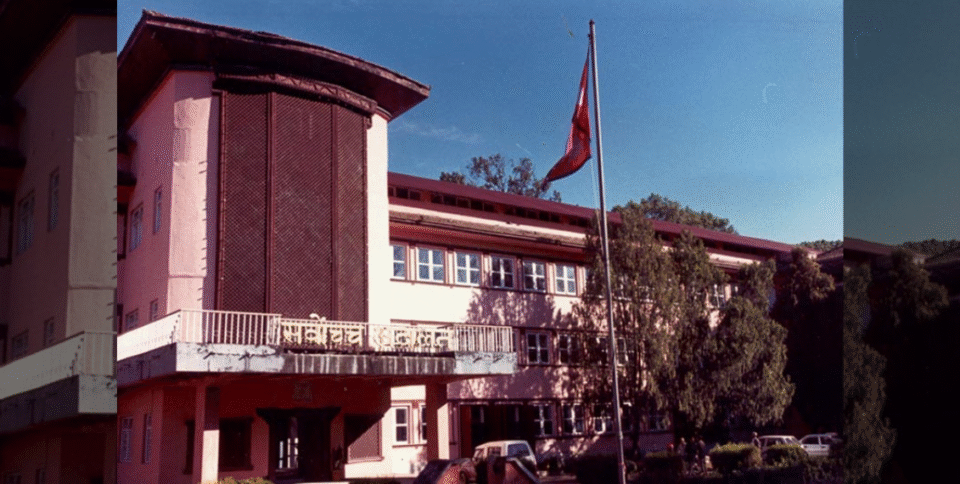Kathmandu, August 23: The Supreme Court of Nepal has cleared the way for long-delayed investigations into alleged extrajudicial killings in the Tarai/Madhesh region, carried out under the government’s Special Security Plan in 2009. The decision is being seen as a major breakthrough for victims’ families and human rights advocates who have fought for more than a decade for accountability.
Advocates Sunil Ranjan Singh and Dipendra Jha had petitioned the court, alleging that around 400 people were killed extrajudicially during operations launched to suppress armed outfits in Madhesh. On January 4, 2020, a division bench had ordered an investigation, but the two justices—Ishwar Prasad Khatiwada and Kumar Regmi—differed in their reasoning, sending the matter to a larger bench.
On Thursday, a three-member bench led by Justice Sapana Pradhan Malla concluded that despite differences in approach, the earlier verdict was unanimous in requiring a probe. This effectively confirms that investigations into the killings must now move forward.
Justice Khatiwada had earlier stressed that victims could not be assured of a fair probe if handled solely by the police, suggesting an independent body outside the police hierarchy. Until such a mechanism is created, he recommended the Central Investigation Bureau (CIB) be tasked with handling complaints. Justice Regmi agreed on the need for investigations but argued that the Office of the Attorney General, along with the police, should ensure impartial and effective probes.
For the victims’ lawyers, the full bench ruling is a long-awaited milestone. “The full bench has paved the way for investigating the extrajudicial killings in Madhesh. This is a step ahead towards delivering justice to the victims and holding culprits accountable,” Singh told The Kathmandu Post. “My 14 years of effort are finally paying off.”
Human rights groups have long accused Nepal’s security forces of using disproportionate force in Madhesh during the 2009 operations. A 2010 report by the Office of the High Commissioner for Human Rights (OHCHR) reviewed 39 incidents involving 57 deaths, many of which carried “credible allegations of the unlawful use of lethal force.”
The OHCHR noted that while police claimed to have conducted internal investigations, none had resulted in serious disciplinary or criminal action against officers. Most victims were identified as Madheshi men aged between 20 and 30.
Similarly, the National Human Rights Commission of Nepal documented 49 deaths, 32 of them attributed to state security forces. “In most incidents, those who were killed had been shot in the chest, head, and above the knees,” its report said, pointing to intent to kill rather than disperse.
The ruling means Nepal’s authorities must now establish a credible process for investigating the deaths, whether through the CIB or a new independent mechanism. For victims’ families, the decision signals a rare chance to seek justice in a country where security force abuses during conflict and counterinsurgency operations have often gone unpunished.

